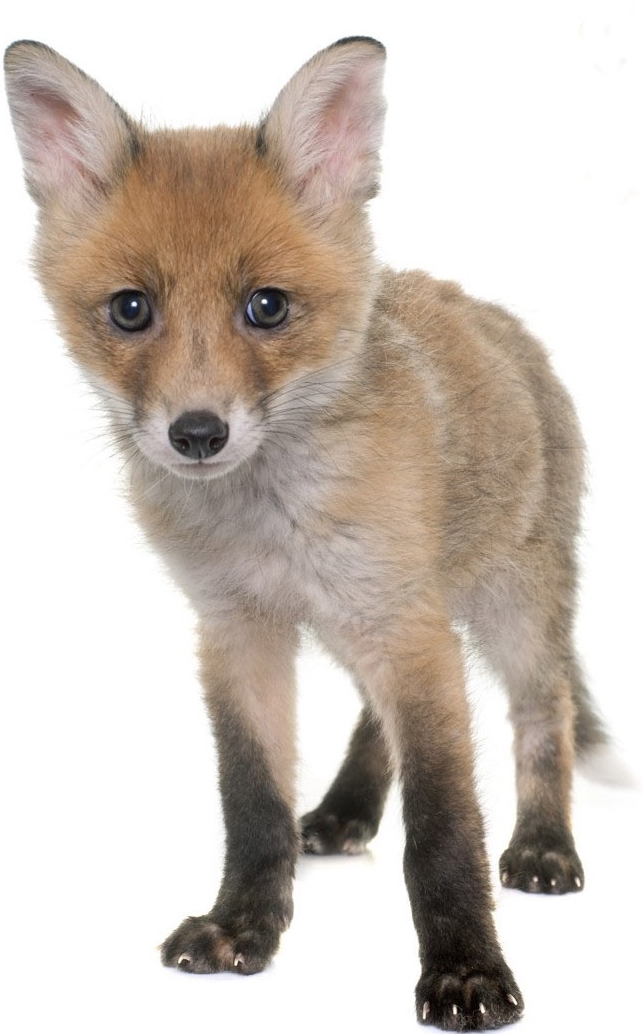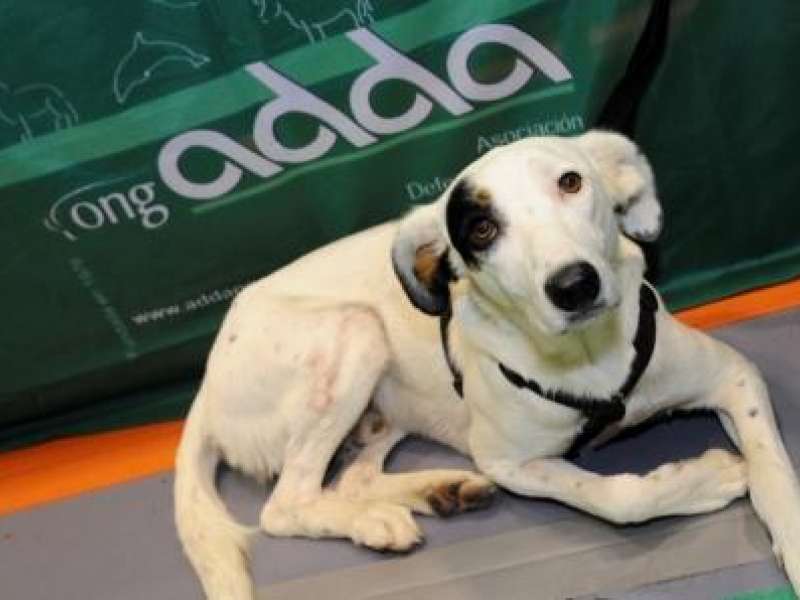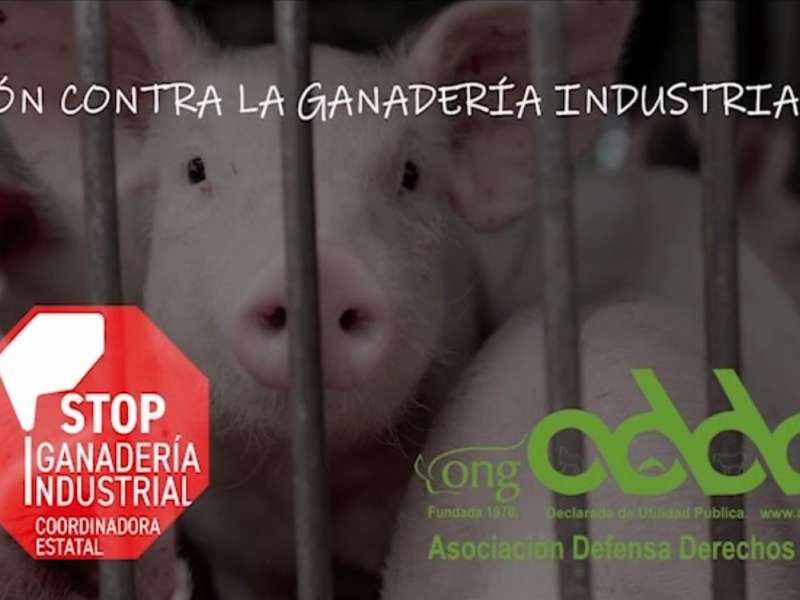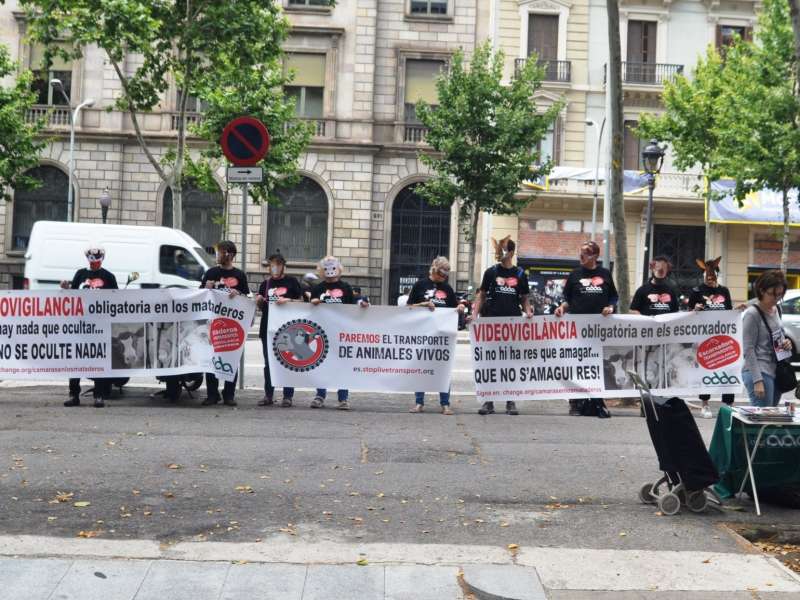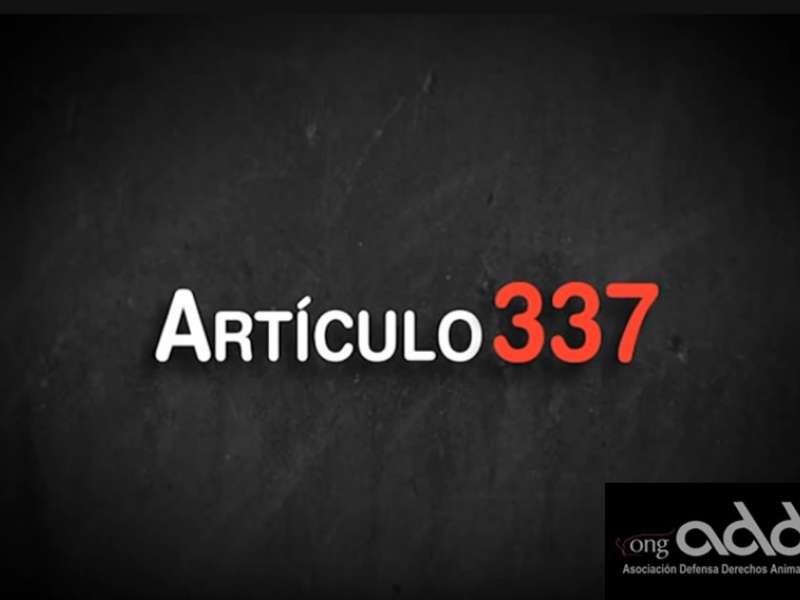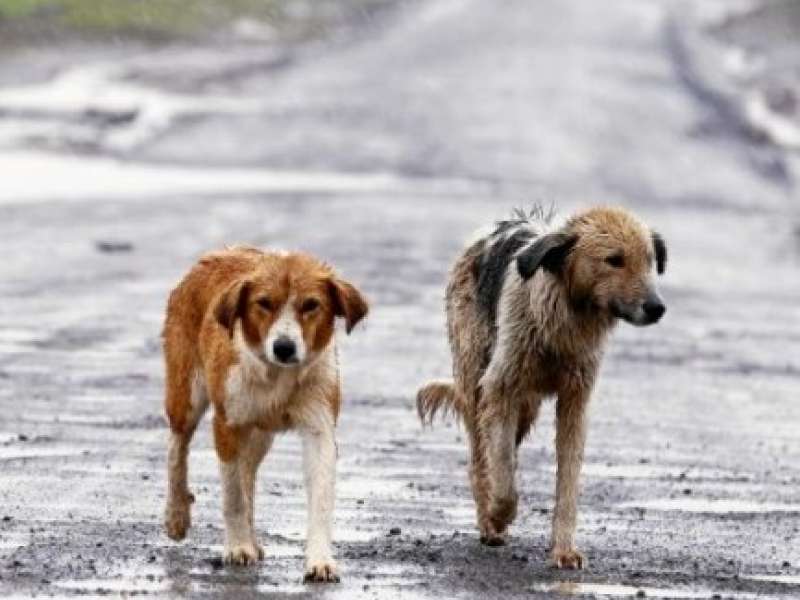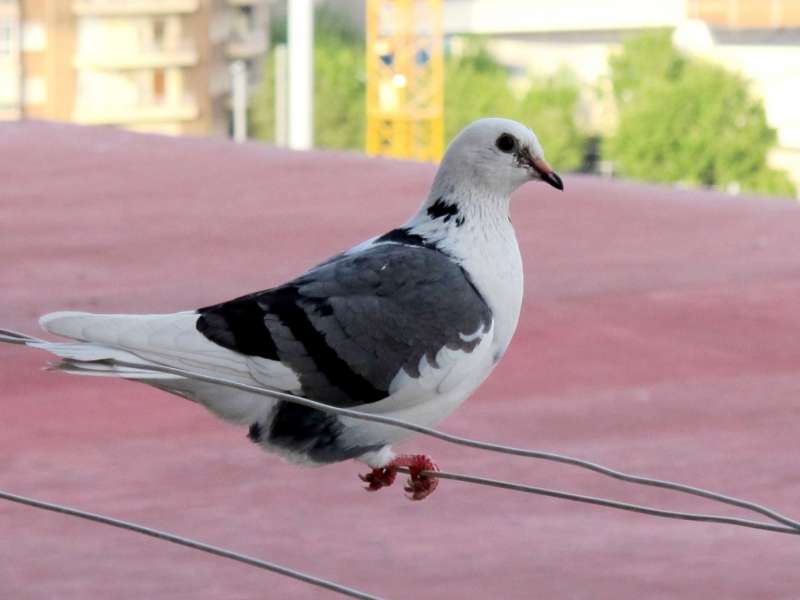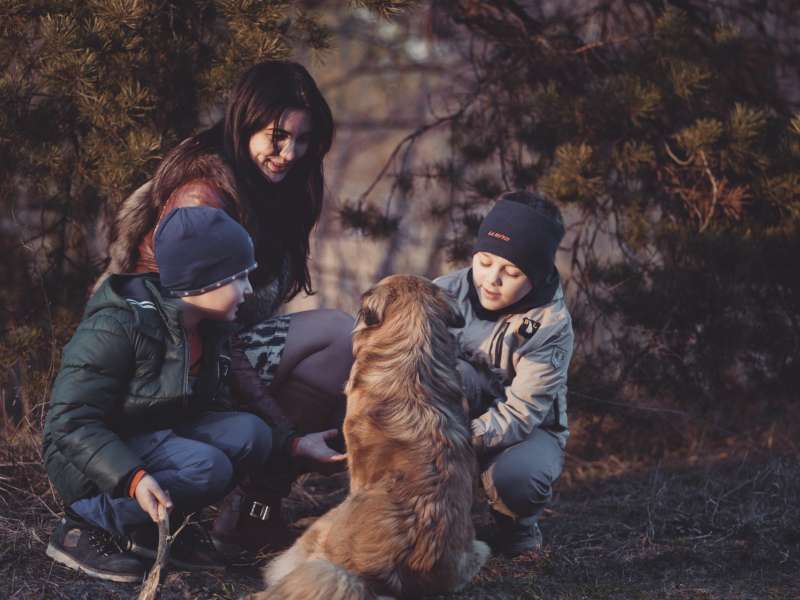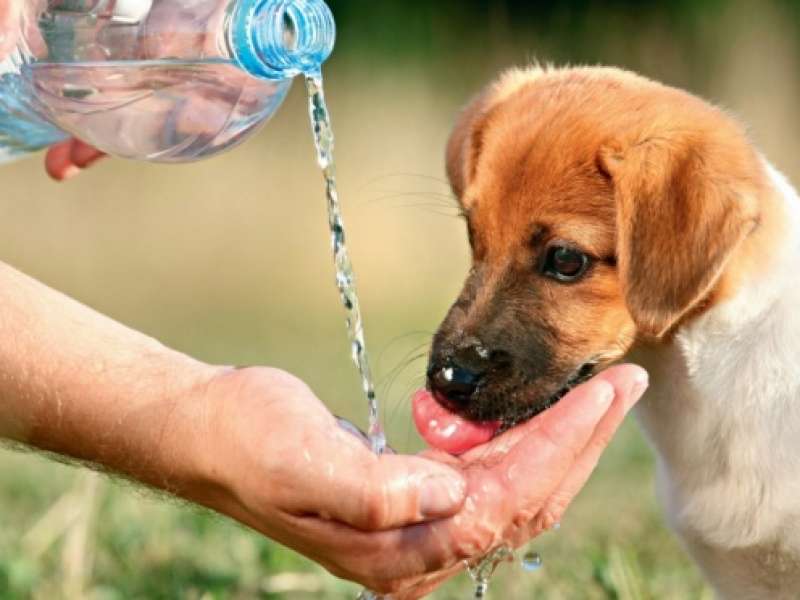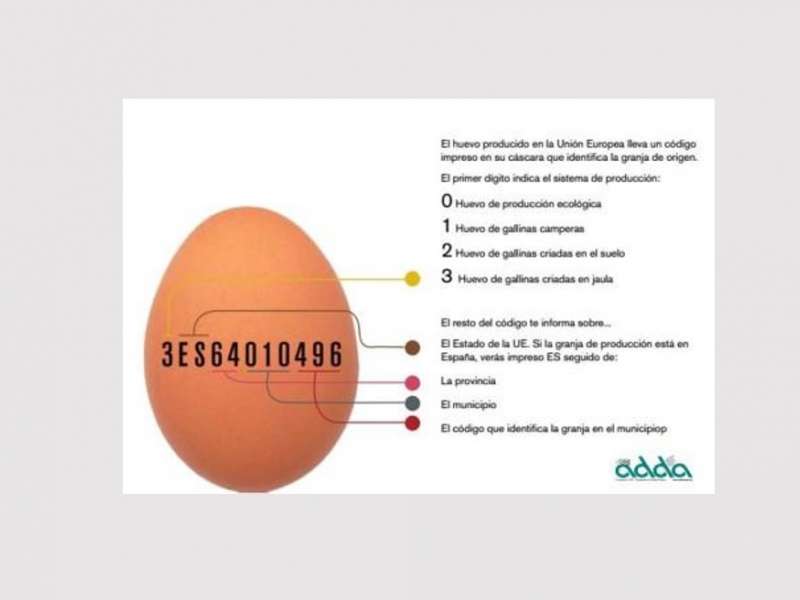Programmatic Manifesto of Ong ADDA.
Ideology with which our members and supporters must agree before engaging with us:
Those who wish to collaborate with the Association, or be part of it, should be aware that the purpose of ADDA is to achieve ethical, social and legal guarantees, respect for animal integrity, welfare and rights, promoting good treatment of humans to every living being as part of nature.
Animals, like us, are sentient beings, able to feel pain and cruelty, with the difference that they cannot express their feelings, or denounce the injustice to which they are often victim. All those who possess the faculty of discernment and know the bondage of pain have a moral duty to fight non-violently to eradicate cruelty from society.
The natural environment does not belong to human beings alone and other creatures do not exist to satisfy our whims. Human beings are just one of many species that forms an integral part of the ecological network. Coexistence, peace and development require us to have respect for all living beings from whom we have benefitted for our own development and who have contributed to our progress.
ADDA does not practice protectionism by collecting animal victims of neglect or maintaining shelters. ADDA recognizes that for this purpose there are animal protection societies and associations which have shelters and are making a commendable effort, under the no-kill ethos.
ADDA disapproves and denounces any harmful or degrading action to animals to which humankind and society in general practice or consent.
Based upon these related ideas and feelings and acknowledging the debt that society has toward animals and nature, ADDA was founded in 1976, as an entity designed to serve as spokesperson and promoter of social awareness and to act on behalf of animals with the objective of releasing them from unfair and unnecessary suffering.
Therefore, ADDA is opposed to:
Bullfighting and all cruel festivals in which animals are involved.
The intensive breeding of animals for human consumption which involves cruel practices such as: artificial insemination, forced fattening, degrading conditions, the demeaning and cruel transport of animals to slaughterhouses, genetic manipulation and everything that degrades the animal and distances it from its natural biological behavior. We call for a death that is as humane as possible, with prior stunning.
The capture of wild animals for their fur and for breeding centers.
Traffic of animals, regardless of whether they are a protected or endangered species. Trafficking has the effect of impoverishing the natural habitats of all the animals and acting to the detriment of the natural resources of countries they live in. Most of these countries are in a precarious economic situation and although we recognize that they need financial support from the richer countries, we reject the so-called "sustainable economy arguments" such as hunting or controlled exploitation of a species.
The keeping of exotic animals as pets. Regardless of whether or not they are born in captivity, or whether it is mere whim or fashion, these animals are subjected to a lasting immobility and stress in an urban environment which is antipathetic to their biological characteristics.
The uncontrolled breeding of pets, which only serves to encourage later abandonment.
The killing of pets in public kennels or in so called "protective" private shelters, unless they are a risk of disease transmission, or they cannot recover from accidents or incurable illness.
Animal testing, nowadays unnecessary and cruel.
Hunting considered as a sport: poaching and killing of animals to trade with parts of their bodies and the methods used for eliminating other species to favor the abundance of the so-called hunting species
Circuses in which animals are kept in distressing situations, the methods used in their training and dressage and the hardship they have to live with every day.
Zoos and safari parks considered as animal collections, whatever the conditions, dimensions and characteristics of the facilities; the visits of school groups to these centers that contribute from childhood to the sight of, and idea of, animals in captivity and subordinate to humans.
Genetic manipulation in any form, most especially those conducive to the creation of new beings with characteristics that humiliate and denigrate the morphology of each species for speculative or scientific ends.
Scenes of cruelty to animals in television, film, video, Internet and the advocacy of these scenes, and the appearance of animals in advertising in ways that denigrate them.
ADDA is in favor of:
Adoption of abandoned pets to suitable owners through shelters and kennels in a responsible manner, including identification and sterilization of the animal and vetting of prospective adopters.
The protection of endangered species, including protection of their quality of life.
The right to a quick and painless death where required to avoid any previous stressful situation.
The observation of wild animals in their natural habitats where they are protected by large reserves, under controlled conditions to cause minimal disturbance and ecological impact. This will contribute to the country's economic resources and maintain the species and habitats.
The establishment of not for profit sanctuaries, which shelter abandoned exotic or wild animals and ensure that they do not reproduce.
The existence of zoological settlements where native or wild species with a precarious population, can be kept.
Support any cultural, educational and training program leading to more and better predisposition towards the respect and love for nature in general and especially when these programs are addressed to children.
(Text revised July 2002)
Volunteering
WEBSITE
FEDAN Federació d'Entitats pro Drets dels Animals i la Natura
http://www.fedan.cat/FEBA Federación Española para el Bienestar Animal
http://febabienestaranimal.org/ECOLOGISTAS EN ACCIÓN
http://ecologistesenaccio.org/catalunyaDARWIN PRESERVACIÓN DE TITIS Y TAMARINDOS
http://www.darwin.catDEPANA
http://www.depana.orgASOA Asociación Segunda oportunidad Animal
http://www.asoa.net/PROGAT CATALUNYA Asociación Segunda oportunidad Animal
http://www.progat.cat/ECEAE Coalición Europea para la Abolición de Experimentos con Animales
http://www.eceae.org/CRUELTY FREE EUROPE
https://crueltyfreeeurope.org/OPAB Oficina Protección de los Animales de Barcelona
http://ajuntament.barcelona.cat/adopta/es/proteccion-animales/oficina-de-proteccion-de%20los-animalesPLATAFORMA PROUCORREBOUS
https://www.proucorrebous.cat/PROYECTO GRAN SIMIO
http://proyectogransimio.org/ASANDA Asociación Andaluza para la Defensa de los Animales
http://www.asanda.org/ADEBO Asociación para la Defensa del Borrico
http://adebo-rute.blogspot.com.es/ANIMAL WELFARE and TRADE Adolfo Sansolini
http://animalwelfareandtrade.comComisión de Protección de los Derechos de los Animales Ilustre Colegio de Abogados de Barcelona
http://www.icab.cat/?go=eaf9d1a0ec5f1dc58757ad6cffdacedb4d94afd09336f9d47dc4efc01bb095ae2ad5d394320f85560dc1949d815e3f0775fc15c323ebed09Centros de recuperación de fauna en España
http://www.grefa.org/esta-en-tu-mano/centros-de-recuperacion-de-fauna-en-espanaSignatus -En defensa del lobo ibérico y sus hábitats
https://www.signatus.org/Busqueda de Alternativas en / y a la Experimentación Animal
http://buscaalternativas.com/Aula i Natura
https://www.aulainatura.cat/ca/
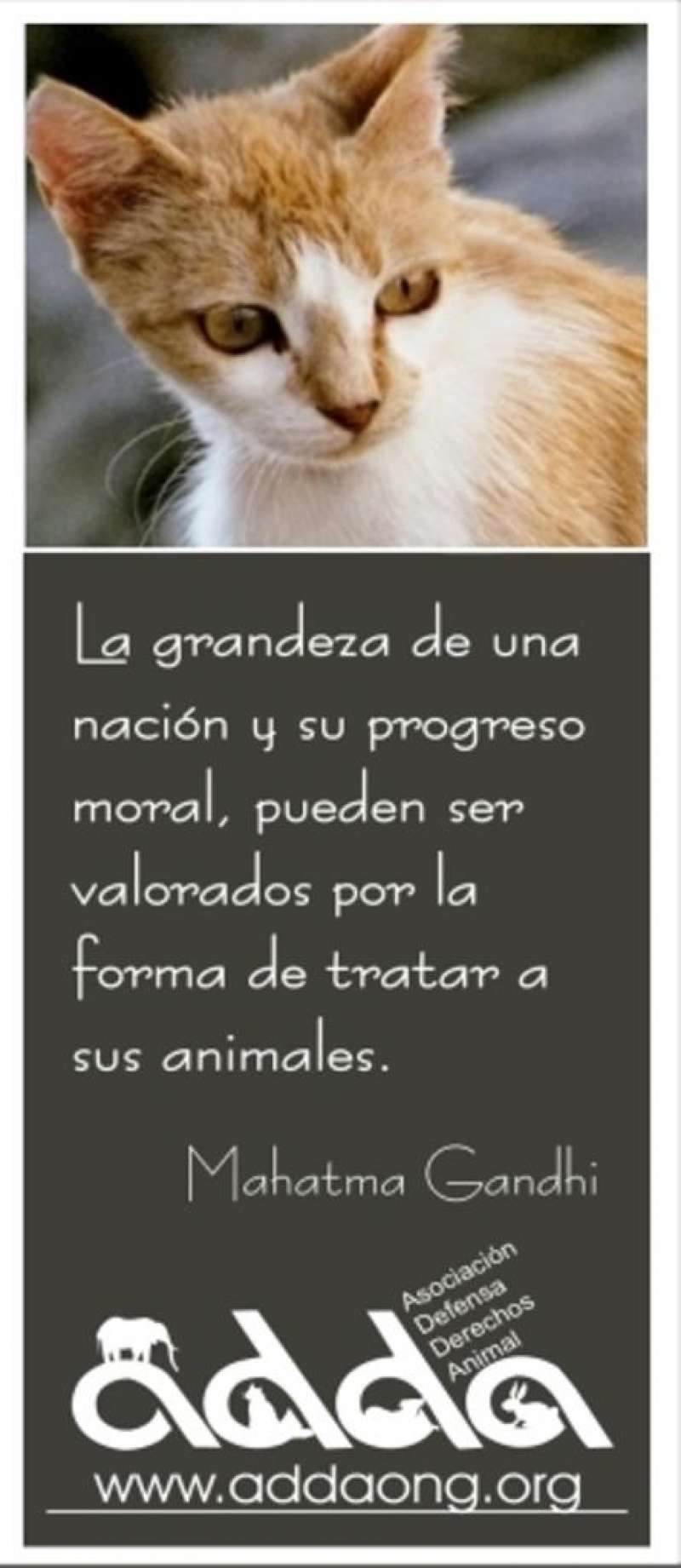
Who are we
Founded in 1976, the association Defensa Derechos Animal (Defending Animal Rights), was the first Spanish NGO devoted to the defence and well-being of animals in general. Declared to be of “Public Benefit” in 1981 and non-lucrative, ADDA is a non-governmental, apolitical and independent organization.
It forms part of the Board of Directors of the WSPA (World Society for Protecting Animals). For years it has collaborated and worked jointly, on various European coalitions and with different associations in various countries.
The Association’s work and aims are based mainly on the following areas:
Denounce the abuse and ill treatment of animals. Promote and participate in drawing up appropriate legal standards. Pressurise through acts of protest or vindication. Information and awareness campaigns. Preparing and publishing educational programmes. Editing publications and awareness material. Promote participation platforms in favour of respecting animals. The people that direct the NGO, and set up activity programmes, do so full time, voluntarily and generously.
ADDA is financed by its members’ fees, donations and charity shop.
Becoming a member (a full member)
Becoming a member means participating in Assemblies with a right to vote, receiving the semi-annual magazine “ADDA defiende los Animales” and being informed about ADDA’ s campaigns and helping with them.
If you reside and pay your personal tax income in Spain, you will have a 25% tax reduction for natural persons and 35% for legal entities. We shall send you Certificate.
Read the Programmatical Manifest of the association upheld as a member.
Unknown type - associations-detail
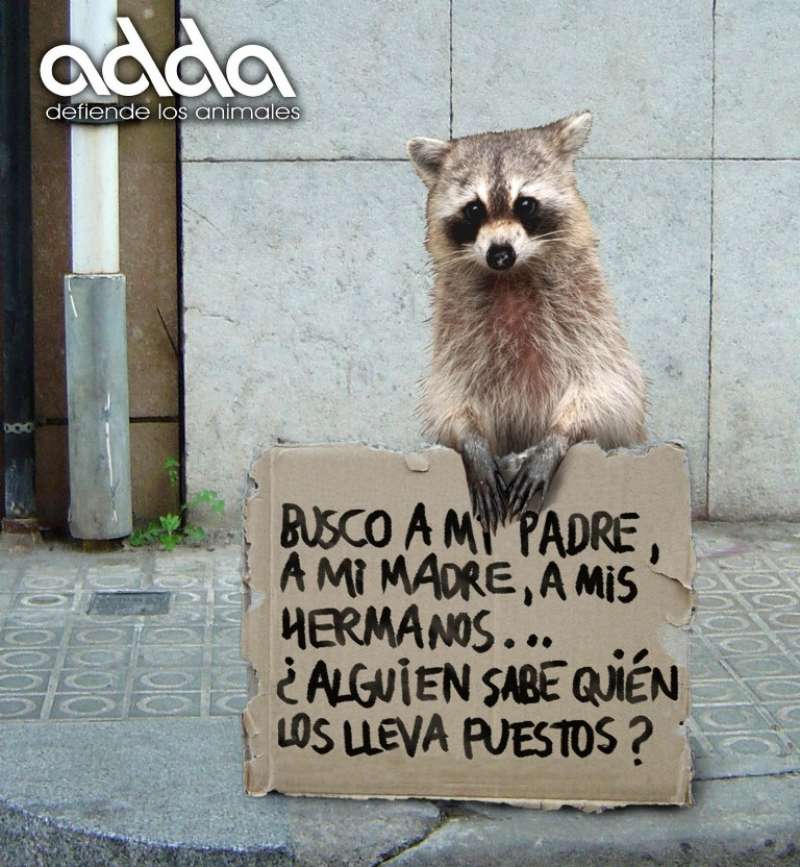
General Information
We denounce and work toward ending all forms of cruelty, and wanton destruction of, animals.
We campaign and lobby for the making and enforcement of regulations in aid of animal welfare.
We create and promote educational materials designed to raise awareness about responsible and respectful attitudes towards animals and nature.
We contribute to debates about updated and fair legislation for animals, speaking on behalf of the animals.
We collaborate with organizations, institutions, businesses and social associations that can influence positively the relationship between people, animals and nature.
Denuncias
QUÉ PODEMOS DENUNCIAR:
Si eres testigo, si has presenciado un caso de maltrato animal, o sabes de una situación en la que se esté produciendo, es importante que sepas que lo puedes denunciar. Un maltrato no es únicamente agresión física hacia otro ser vivo. Se considera maltrato y por tanto denunciable por vulnerar los derechos de los animales: el abandono; mantener un animal en condiciones higiénico sanitarias deficientes de bienestar y seguridad; no proporcionarles agua y alimento necesario; mantenerlos encerrados durante horas; no dar la atención veterinaria necesaria para garantizar su salud; cazar en espacios declarados reservas naturales de fauna salvaje en que la caza está prohibida y en refugios de fauna salvaje; transportar animales de manera inadecuada.
Para mayor información consultar:
COMO DENUNCIAR :
Se pueden interponer dos tipos de denuncias, según los hechos perpetrados:
DENUNCIA ADMINISTRATIVA y DENUNCIA PENAL
1. DENUNCIA ADMINISTRATIVA: La forma más efectiva de poner en conocimiento del órgano competente una infracción administrativa en materia de protección de los animales es por medio de una denuncia administrativa. Las infracciones administrativas están enumeradas en la Ley de protección de los animales de cada CCAA (así como en el resto de normativa de aplicación sobre esta materia). Todos los ciudadanos tienen el derecho y el deber de informar, a la administración competente, de las infracciones o vulneraciones del ordenamiento jurídico de las que tuvieren conocimiento. La denuncia puede interponerse ante el organismo administrativo competente en materia de protección de los animales o ante los cuerpos de seguridad especializados, para que levanten acta de los hechos: Guardia Civil -Seprona-, policía nacional, autonómica y local.
Modelo optativo de denuncia administrativa para supuestos de maltrato animal:
ORGANISMO A QUIEN SE DIRIGE (AYUNTAMIENTO U ÒRGANO COMPETENTE)
Nombre y apellidos del denunciante (...). mayor de edad, vecino de (...), con domicilio en (...) y con NIF número (...) actuando en nombre y representación propio /como representante de (...) nombre de la entidad de protección animal, según documento acreditativo que se adjunta, comparezco ante este organismo y como mejor proceda en Derecho,
DIGO
Que por medio del presente escrito formulo DENUNCIA por escrito por incumplimiento de (normativa infringida) ................, / y (si se conociere: contra nombre y apellidos del denunciado y otros datos si se supieran / y frente a todos aquellos que pudieran resultar responsables tras el expediente sancionador que se instruya y resuelva),................... por los hechos que se detallan a continuación:
HECHOS
I. En fecha.......... (Descripción de los hechos y las circunstancias en que ocurrieron, lugar, personas involucradas, acciones contra los animales, etc. intentando, dentro de lo posible, ordenar los datos cronológicamente, de la forma más simple).
II. La conducta del denunciado incumple lo establecido en (citar la ordenanza del Ayuntamiento). La conducta denunciada también infringe las obligaciones impuestas en (citar legislación autonómica/estatal).
III. Como prueba de estos hechos adjunto al presente escrito las siguientes pruebas (documentos enumerados): (fotografías, vídeos, testimonios, etc.)
IV.- La competencia para el inicio y tramitación del expediente sancionador por los hechos denunciados corresponde a ............................. al que me dirijo, de conformidad con lo establecido en .......................sin perjuicio de la competencia para su resolución, conforme a............................
Por todo lo expuesto,
SE SOLICITA
Se admita el presente escrito y la documentación gráfica adjunta (fotografías que se unen como documentos enumerados del .....al .....), se tenga por formulada la denuncia por los hechos descritos y en su virtud, se ordene la incoación de un expediente sancionador por incumplimiento del ........................contra la/s persona/s denunciadas (en su caso), con imposición de las sanciones pertinentes.
En su caso Se decomise al/los animal/es maltratado/s para procurale/s unas condiciones de cuidado, protección y bienestar de acuerdo con la normativa aplicable.
Se me de traslado de las actuaciones practicadas en el expediente que se instruya como parte interesada.
Se lleven a cabo las actuaciones necesarias para evitar la vulneración del ordenamiento jurídico y en concreto, que se intensifique la actividad inspectora de (órgano administrativo) ..... para prevenir la comisión de actos infractores como el que se ha detallado en la presente denuncia.
En (...), a (...) de (...) de (...)
Firma
2. DENUNCIA PENAL:
Una de las manifestaciones del deber de colaborar en la persecución de la delincuencia es la formulación de denuncias a través de la denuncia penal. Las denuncias penales por maltrato pueden hacerse en cualquier comisaria o en un juzgado de guardia. Las personas o asociaciones denunciantes tienen derecho a saber el estado de tramitación.
Importante: Toda denuncia debe realizarse de forma escrita y mencionar explícitamente en la propia denuncia todos los documentos que se adjuntan: videos, fotografíes, testimonio terceros personas (si los hubiera), etc… para evitar que se extravíe esta documentación. Es la mejor opción para poder demostrar los hechos que queremos denunciar, y ponerlos en conocimiento de las autoridades competentes y exigir su actuación, ya que en caso contrario estarían eludiendo la responsabilidad legal que les corresponde.
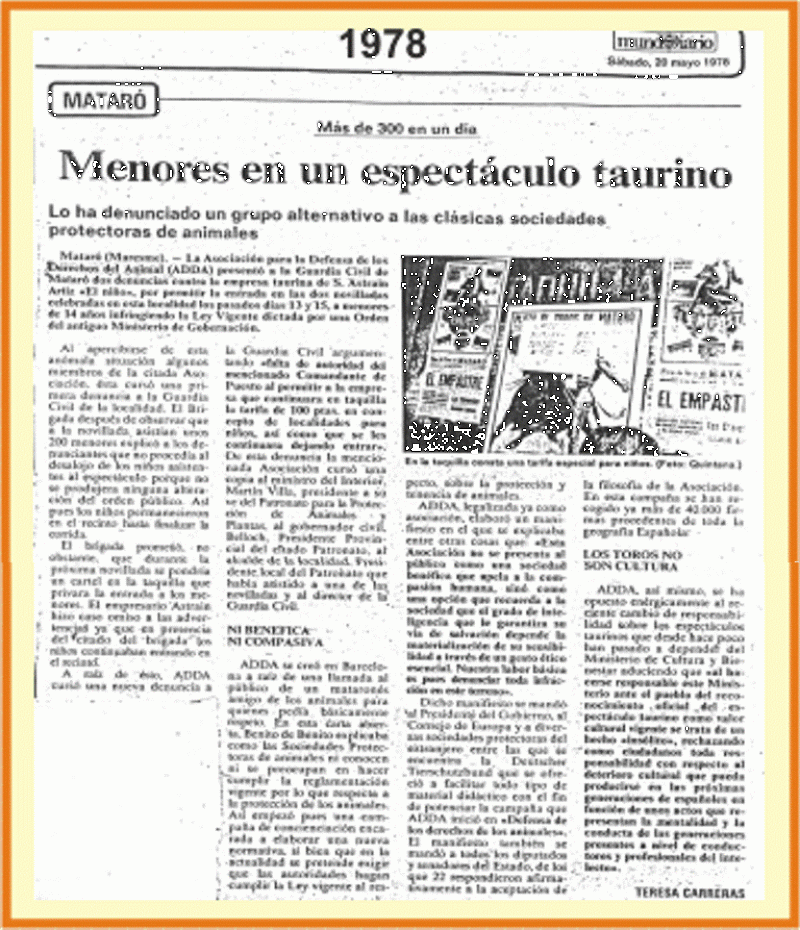
The history
How was ADDA founded?
In 1975, communication and distribution had its limitations. Internet, fax, did not exist, even video was at in its early stages. An employee of the railway company, Benito de Benito, who lived in Mataró (Barcelona) and an animal lover, had the idea of placing an advertisement in the Barcelona newspapers, requesting citizens interested in animal problems, to get together with a view to exchanging feelings and ideas on the subject. From that group of people attending the meeting, the proposal was presented, given the necessity and existing void, to set up an association, whose sole aim was to defend animals in general.
Under the by-laws’ commitment of “promoting good treatment to all animals”, by attending to their PROTECTION AND DEFENCE in any legal way, without the economic resources, but with the hope and will of its founder members, ADDA set up its first head office in the town of Mataró, later moving to the city of Barcelona, with a branch in Madrid and afterwards expanding to other Spanish cities.
In the year 1981 ADDA was officially declared an entity of “Public Benefit”.
Initial events:
In September 1977, recently legalized, and as a member association of the ISPA (International Society for the Protection of Animals), based in London, it had the opportunity of intervening and voting in favour of the proposed text of the Universal Declaration of Animals’ Rights, finally proclaimed on the 15th October 1978. Since the creation of WSPA, which absorbed ISPA, ADDA figures as one of the founder members.
For more information apply for the publication “30 years’ history defending animals”.
Collaborating member
Le mantendremos informado de nuestras campañas, noticias y actividades.
Las desgravaciones en su IRPF por cuotas/donativos efectuados, oscilan entre el 80% y el 35% según la periodicidad e importe.
Lea el Manifiesto programático de la asociación que se asume.

List of Companies that do not experiment with animals their cosmetic products
In the website www.gocrueltyfree.org, you can find a list of Companies that do not experiment with animals their cosmetic products.
the HCS and HHPS set out the criteria for certification under the Leaping Bunny mark. The Leaping Bunny trademark symbolises the international certification which is the gold standard for cosmetics and household products not tested on animals. Only companies certified under the Humane Standards submit to regular thorough audits to ensure products and ingredients are free from animal testing.
ADDA is a member and the Spanish representative of ECEAE - European Coalition to end Animal Experiments. The ECEAE currently has 16 member organisations and one observer with a range of legislative, scientific and political expertise. Leaders in animal protection in their respective countries, our members represent over a million people against animal experiments throughout Europe. www.eceae.org
Donate now
Thank you very much for helping us. To make an economic contribution all you have to do is fill in the boxes below.
If you reside and pay your personal income tax in Spain, you will have a 25% tax reduction for natural persons and 35% for legal entities. We shall send you a Certificate.
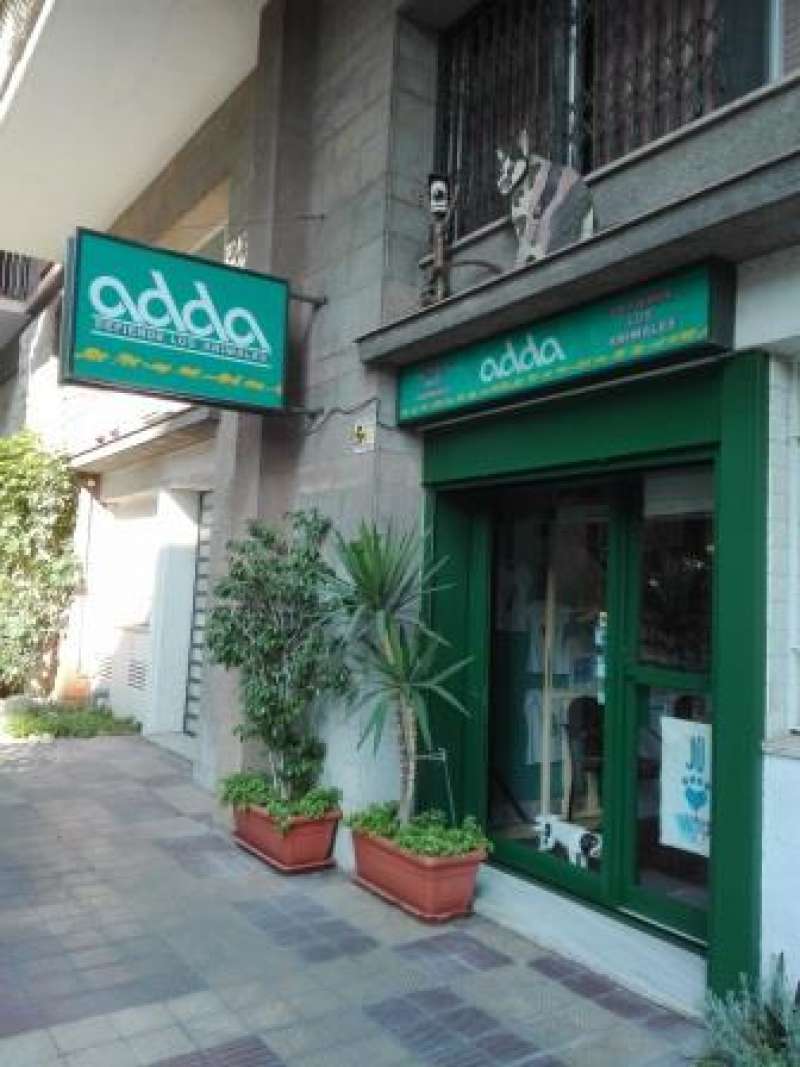
Where are we?
Barcelona (Head Office)
C/Bailén 164, bajos. 08037 Barcelona
Tel. 34 93 459 16 01 – Fax. 34 93 459 0265
e-mail: adda@addaong.org
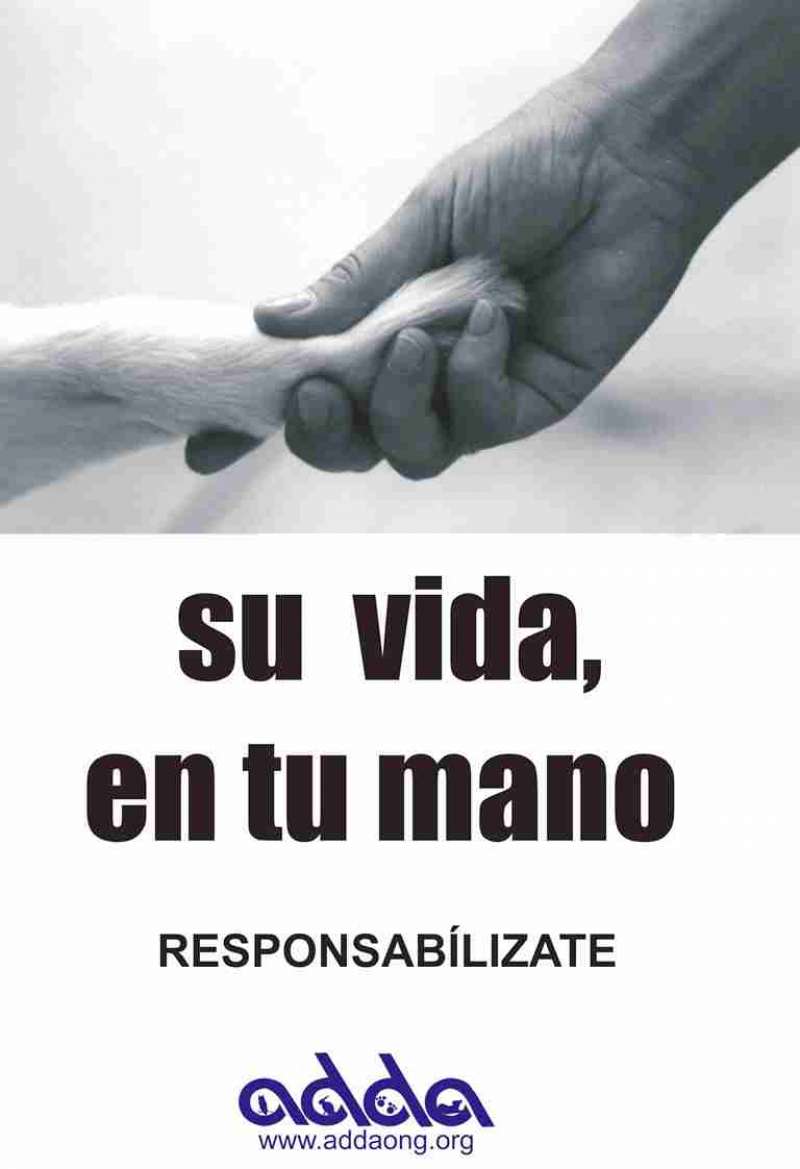
What have we promoted?
The first Animal Protection Law in the autonomous region of Catalonia and Spain in 1988 and the reform of the second Animal Protection law approved in 2003 and supported by a petition of over 50,000 signatures. We achieved, amongst other issues, the ban on killing abandoned pets in kennels and shelters.
We lobby and collaborate with institutions to improve regulations at a local, regional, national and European level.
The official Declaration of Barcelona as an “anti-bullfighting city” in 2004 supported by 245,000 signatures. From 2004 to 2010, we campaigned for, and achieved, the ban on bullfighting in Catalonia and we handed in a petition of 676,500 signatures to the Parliament of Catalonia.
We conduct information campaigns, educational programs and the promotion and organization since 2005, of the Animaladda Fair, for the defense and well-being of abandoned pets. It is a pioneering event, which has, amongst other achievements, found new homes for hundreds of abandoned cats and dogs.
Ngo ADDA has taken action, and denounced, spectacles based on the subjection and torture of animals; the bad conditions intrinsic within farming factory; the transport and slaughter of animals. We promote the use of alternatives methods of experimentation that do not involve the use of animals. We raise awareness of ethical and responsible consumption that promotes the reduction of abusive practices and exploitation and have achieved many improvements and positive changes.
Laws on animals per Community
- Andalucia
Law 11/2003 dated 24th November on Animal Protection http://www.juntadeandalucia.es/boja/boletines/2003/237/d/1.html
- Aragón
Law 11/2003 dated 19th March on Animal Protection in the Autonomous Community of Aragon http://benasque.aragob.es:443/cgi-bin/EBOA/BRSCGI?CMD=VEROBJ&MLKOB=257754713734
- Asturias
- Law 13/2002 dated 23rd December on ownership, protection and the right of animals.
- Link: www.boe.es/boe/dias/2003/02/01/pdfs/A04332-04340.pdf
- Balear Islands
- Law 1/1992 dated 8th April, on Protection of Animals that live in human environment
- Link:http://www.boe.es/aeboe/consultas/bases_datos/doc.php?id=BOE-A-1992-14038
- Basque Country
- Law 6/1993 dated 29th October on Animal Protection
- Link: http://www.euskadi.net/cgi-bink54/verc?CMD=VERDOC&BASE=B03A&DOCN=000068232&CONF=/config/k54/bopv_c.cnf
- Canary Isles
- Law 8/1991 dated 30th April on animal protection
- Link:http://www.gobiernodecanarias.org/boc/1995/062/001.html`
- Cantabria
- Law of Cantabria 1/1992 dated 18th March on Animal Protection
- Link: http://www.gobcantabria.es/presupuestos2005/ley7 2004.pdf
- Castilla La Mancha
- Law 7/1990 dated 28th December on Domestic Animal Protection
- Link:http://www.boe.es/aeboe/consultas/bases_datos/doc.php?id=BOE-A-1991-9406
- Castilla y León
- Law of Castilla y León on Animal Protection
- Link: http://www.anaaweb.org/legislacion/paisv
- Catalonia
- Law 2/2008 on Animal Protection
- Link:https://dibaaps.diba.cat/vnis/temp/CIDOdogc20080420080417_08094167.pdf
- Extremadura
- Law 5/2002 dated 23rd May on Animal Protection in the Autonomous Community of Extremadura
- Link: http://www.boe.es/boe/dias/2002/08/22/pdfs/A31045-31052.pdf
- Galicia
- Law 1/1993 on Animals in Galicia
- Link: http://noticias.juridicas.com/base_datos/CCAA/ga-l1-1993.html
- La Rioja
- Law 2/2000 dated in May, modification of Law 5/1995 dated 22 March on Animal Protection
- Link: http://www.boe.es/diario_boe/txt.php?id=BOE-A-2000-13062
- Madrid
- Law 1/1990 of 1st February. “Domestic Animal Protection”
- Link:http://www.madrid.org/wleg/servlet/Servidor?opcion=VerHtml&nmnorma=382&cdestado=P
- Murcia
- Law 10/1990 dated 27th August on Protection and Defence of Animals for Pets
- Link: http://borm.carm.es/borm/documento?obj=bol&id=10663
- Navarra
- Regional Law 7/1994 dated 31st May on Animal Protection
- Link http://www.cfnavarra.es/bon/956/96522992
- Valencian Community
- Law 4/1994 dated 8th July, of the Valencian Generalitat, on protection for animals for pets
- Link:http://www.cvcv.org/pagina_principal/archivos/ley4.1994.pdf
- Are you concerned about the way animals are treated?
- Are you interested in their defense and welfare?
- Your support is vital!
Remember us in your will
If you wish us to be remembered in your will, please fill in this form and we will get in contact with you. Thank you very much.
Reports and education program
¿Que sabe la escuela de los animales?
Es un crédito interdisciplinar dirigido a los profesores y profesoras de educación secundaria (12-14 años) elaborado para la reflexión compartida sobre las implicaciones que comporta en la vida cotidiana la relación entre las personas y los animales, a fin de favorecer el trato ético, el respeto y el bienestar animal en su marco de interacción con la especie humana.
El crédito puede ser utilizado y se encuentra dirigido a las áreas de Ciencias Experimentales, Educación Ambiental, Lengua Extranjera, Castellano, Catalán, Euskera y Gallego y área Visual-Plástica. Trata de favorecer la interrelación existente entre los conocimientos y prácticas de las distintas áreas.
Se edita en castellano y puede ser solicitado también en catalán.
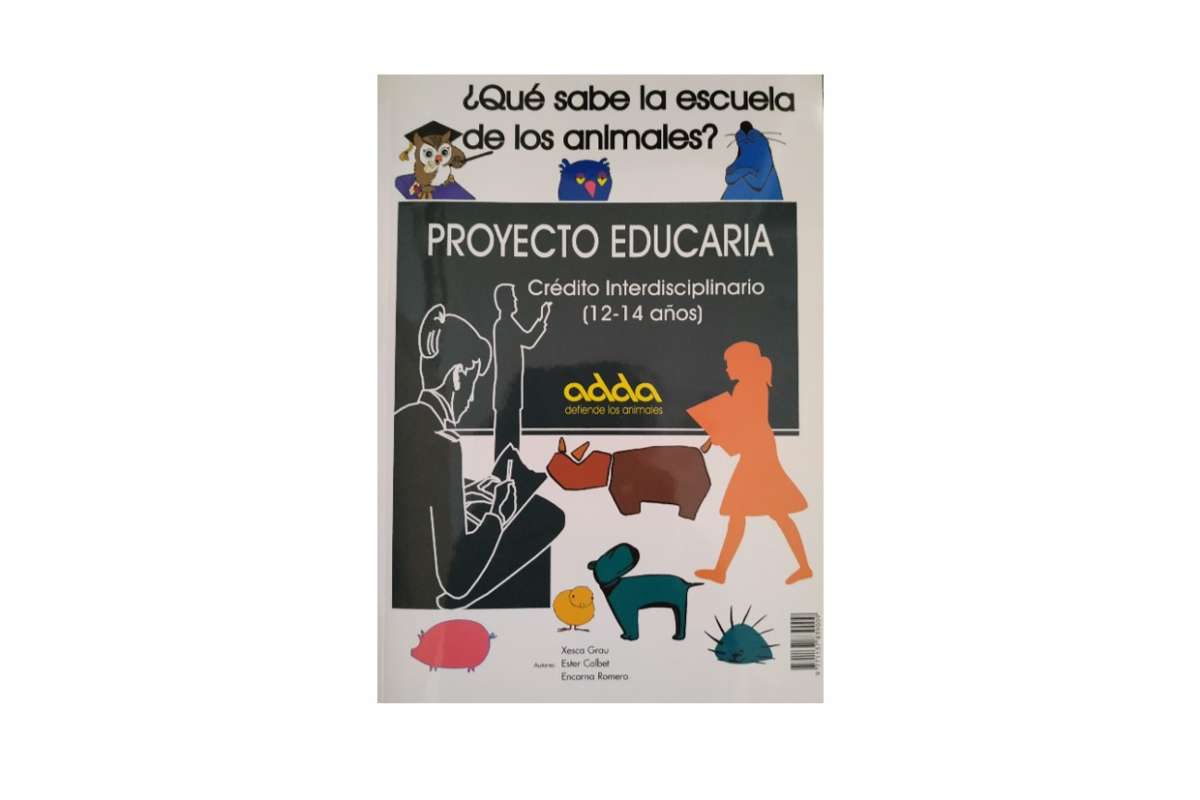
Adoptions
Collaborating member form
ALERTCOPS incluye una aplicación para denunciar delitos de maltrato animal
La aplicación AlertCops del Ministerio del Interior, ha incorporado una nueva funcionalidad que permite comunicar casos de maltrato animal de forma inmediata a la Policía Nacional y a la Guardia Civil desde cualquier dispositivo móvil.
AlertCops es un servicio prestado a través de una aplicación gratuita para dispositivos móviles, disponible en los markets oficiales (App Store o Google Play) que proporciona un canal directo y rápido con las Fuerzas y Cuerpos de Seguridad del Estado para notificar un hecho delictivo o situación de riesgo, del que se es víctima o testigo como: agresiones, robos, casos de violencia de género, de ocupación ilegal de viviendas, maltrato animal... En esta nueva versión aparece el icono "maltrato animal" en la pantalla del dispositivo móvil, que deberá pulsarse cuando se es testigo de este hecho delictivo. Los usuarios podrán elegir si desean comunicar la alerta por llamada de voz o mediante un chat en el que podrán adjuntar fotos o vídeos del hecho que quieren denunciar.
El maltrato animal está tipificado como delito en los artículos 337 y 338 del Código Penal, que fija diferentes penas para aquellas personas que maltraten, causen lesiones, abandonen, sometan a explotación sexual o causen la muerte injustificada a los animales domésticos o a cualesquiera otros.
Otros canales para denunciar el maltrato
El Ministerio del Interior recuerda que, en los casos más graves de maltrato continuado, el usuario puede presentar la denuncia ante tres entidades diferentes:
ante cualquier agente de la autoridad del lugar donde haya ocurrido el delito: Policía Local, Policía Autonómica, Policía Nacional, Guardia Civil -Seprona- o agente medioambiental de la zona;
ante la administración pública municipal del lugar de los hechos,
ante el Juzgado de Instrucción de guardia del lugar de los hechos, y,
en la Fiscalía de Medio Ambiente.
Más información: AlertCops Gobierno de España
Becoming a member form
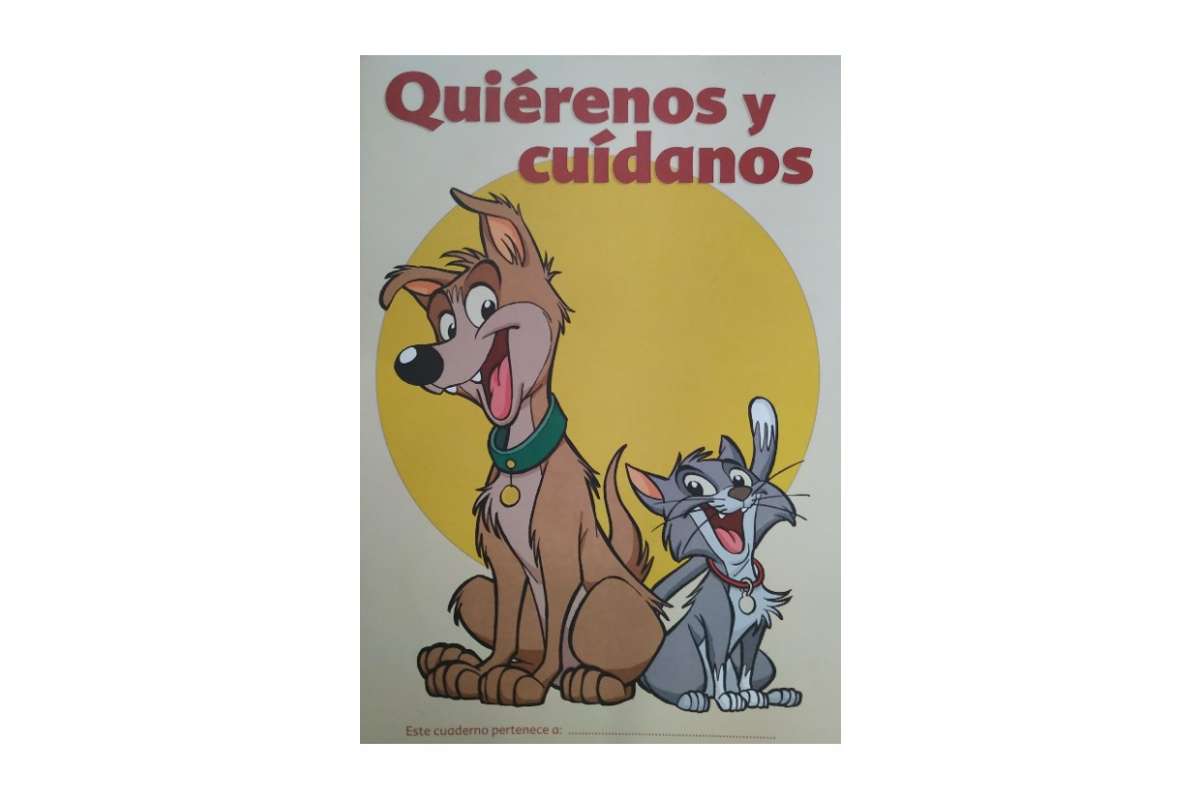
PROYECTO EDUCARIA 2: QUIÉRENOS Y CUÍDANOS
Pensado para los niños y niñas de P-5 y Ciclo Inicial de Primaria, se ha creado dentro del Proyecto Educaria, los cuadernos "Quiérenos y Cuídanos". Su objetivo es concienciar a los más pequeños, en saber como deben cuidar a los animales de compañia, que tan a menudo sufren abandonos o algún tipo de maltrato.
Contiene ilustraciones en color acompañadas por breves textos explicativos, de las necesidades básicas de nuestras mascotas facilitando así a los pequeños, una herramienta de concienciación de la realidad de los animales, aprendiendo que deben ser tratados comos seres vivos dotados de sensibilidad física y psíquica.
Están especialmente indicados para ser trabajados en las escuelas de primaria. Los cuatro años que llevamos difundiéndolos, nos confirma que es una propuesta muy bien aceptada en los centros, muchos de los cuales los han integrado dentro del temario de cada curso.
Make a contribution form
Our campaigns
Remember us in your will form
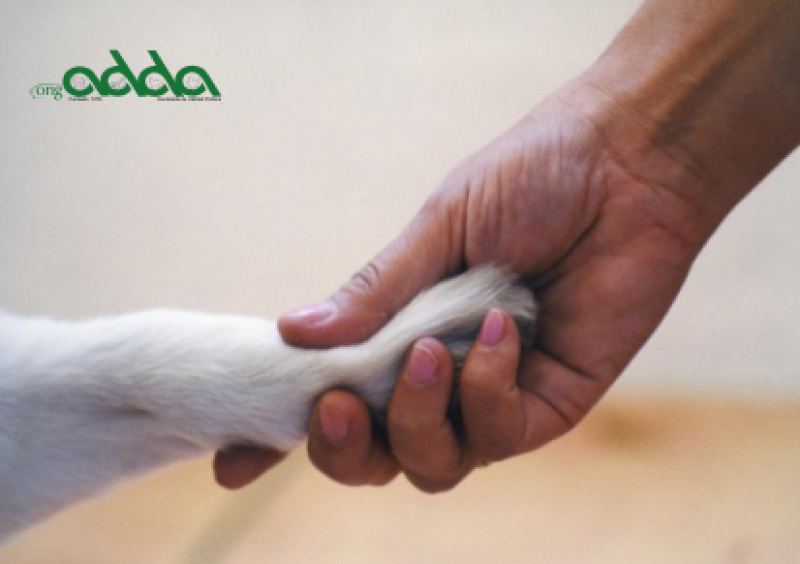
Welcome
The Association for the defense of animal rights - was founded in 1976 and was the first Spanish NGO devoted to animal defense and animal rights.
Voluntary helper form
News
What are we denouncing?
PROYECTO EDUCARIA 2: SALVEMOS LA VIDA DEL MAR
El cuaderno educativo “Salvemos la vida del mar” enseña a los niños, nociones básicas relacionadas con los animales que viven o dependen del medio marino así como, unos primeros conocimientos sobre el significado y la importancia del Planeta Azul. Contiene dibujos atrayentes acompañados de breves textos didácticos y sencillos, reforzados con el mensaje: "Cuidamos el planeta y defendemos a los animales”, para facilitarles la comprensión y el aprendizaje asociado a la empatía y las actitudes positivas y responsables, a través de los cuales ellos mismos pueden establecer relaciones compartidas, adquiriendo conciencia de cómo participar y colaborar en la protección y supervivencia de los animales y el medio ambiente. Este cuaderno pasa a formar parte de nuestro proyecto educativo “Educaria 2”. Se encuentra especialmente indicado para ser impartido en las escuelas, en los cursos de ciclo inicial de primaria, 1º y 2º, así como para el tercer curso del ciclo medio de primaria. Sus contenidos vinculados a la ecología y al respeto hacia la vida animal, lo hacen especialmente indicado como complemento educativo dentro del temario en el área de medio ambiente. El soporte gráfico que contiene el cuaderno, estimula a los alumnos a participar y desarrollar las disciplinas del dibujo y el color así como a una lectura y escritura de textos breves.
Disponible en las versiones de castellano y catalán

Campaigns archive
Artículo 337: Legislación en España
Será castigado con la pena de tres meses y un día a un año de prisión e inhabilitación especial de un año y un día a tres años para el ejercicio de profesión, oficio o comercio que tenga relación con los animales y para la tenencia de animales, el que por cualquier medio o procedimiento maltrate injustificadamente, causándole lesiones que menoscaben gravemente su salud o sometiéndole a explotación sexual, a:
- Un animal doméstico o amansado.
- Un animal de los que habitualmente están domesticados.
- Un animal que temporal o permanentemente vive bajo control humano, o cualquier animal que no viva en estado salvaje.
Las penas previstas en el apartado anterior se impondrán en su mitad superior cuando concurra alguna de las circunstancias siguientes:
- Se hubieran utilizado armas, instrumentos, objetos, medios, métodos o formas concretamente peligrosas para la vida del animal.
- Hubiera mediado ensañamiento.
- Se hubiera causado al animal la pérdida o la inutilidad de un sentido, órgano o miembro principal.
- Si los hechos se hubieran ejecutado en presencia de un menor de edad.
Si se hubiera causado la muerte del animal se impondrá una pena de seis a dieciocho meses de prisión e inhabilitación especial de dos a cuatro años para el ejercicio de profesión, oficio o comercio que tenga relación con los animales y para la tenencia de animales.
Los que, fuera de los supuestos a que se refieren los apartados anteriores de este artículo, maltrataren cruelmente a los animales domésticos o a cualesquiera otros en espectáculos no autorizados legalmente, serán castigados con una pena de multa de uno a seis meses. Asimismo, el juez podrá imponer la pena de inhabilitación especial de tres meses a un año para el ejercicio de profesión, oficio o comercio que tenga relación con los animales y para la tenencia de animales.
Dependiendo de la comunidad autónoma o municipio donde sucedan los hechos, se perseguirán unas acciones u otras, mediante la apertura de un expediente administrativo sancionador. Los casos de maltrato físico con resultado de muerte o lesiones, explotación sexual o abandono que se regulan en el Código Penal son delito.
En 2015, el Gobierno español procedía a una ampliación del texto del único artículo, el 337 del Código Penal, que se refiere a los animales, a través de la Ley Orgánica 1/2015 de fecha 30 de marzo que entraba en vigor el día primero de julio del mismo año.
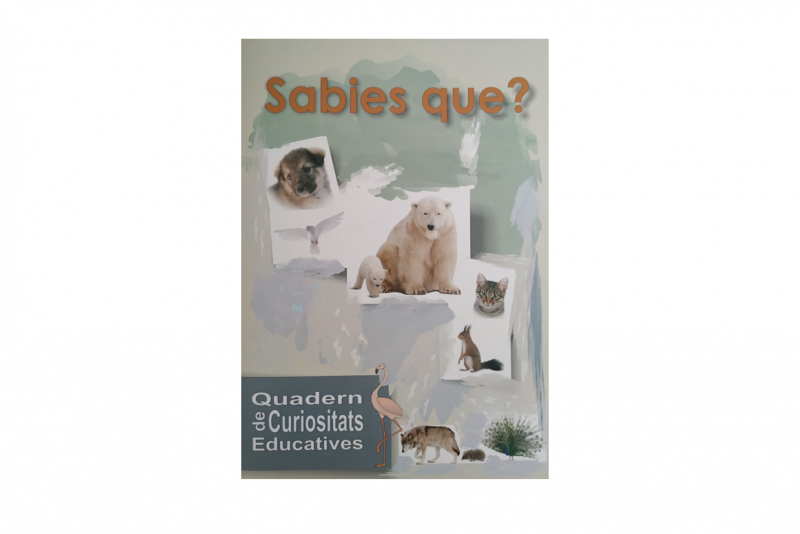
SABIAS QUE... Cuaderno de curiosidades educativas
Recopilación de algunas curiosidades de diferents animales y de como podemos colaborar en el manteniminto del Planeta respetando el conjunto de la naturaleza, reciclando y haciendo un consumo responsable.
El cuaderno está indicado para el ciclo superior de primaria (5º y 6º) y contiene actividades. (Editado en catalán)
News
EDUCANDO A UN AMIGO
Video que contiene documentación de un gran valor educativo. de forma muy amena y dirigido especialmente a un público familiar, nos ayuda a como educar a un buen amigo.
Una guía básica de consejos pácticos y muy útiles, para educar a nuestro perro y evitar errores que se suelen cometer frequentemente y que pueden resultar perjudiciales en nuestra convivéncia con ellos, especialmente si hay niños en casa; en definitiva nos enseña a respetarlos y a ser resposables de su tenencia.
Quienes decidan verlo, tanto adultos como niños, van a disfrutar por su valor ético y educativo.

Privacy policy
ONG ADDA is a registered charity (CIF: G 58809104) located at calle Bailén, 164, bajos, 08037 -Barcelona. ONG ADDA cannot accept any responsibility for the incorrect, inappropriate or illegal use of the information appearing on its websites: www.addaong.org; www.addarevista.org; www.addacontracaza.com; www.segundamano-encantadda.org If you wish to contact us in respect of our Privacy Policy or data, please contact us by email adda@addaong.org, or by post at the address above.
How we collected your data
Your personal data have been obtained through previous contacts you had with ONG ADDA as a member of our association, as a supporter, as a donor, as a volunteer or by signing a petition or any other take action.
What personal data do we collect?
The kind of personal information that we could collect about you includes:
Name and Surname
Email
Telephone number
Postal Address
We also inform you that we will collect those additional data that you will voluntarily provide us during further contacts and interactions that you may maintain with ONG ADDA, including those that you provide through a social network or another application. These data depend on your own privacy settings, use of the social network or application, as well as the privacy policies of each social network or application, so we suggest that you read them carefully before providing us with information through these social networks or applications.
**Why do we use your Personal Data **
We want to establish a relationship with you that makes possible to fulfill our foundational objectives in order to achieve an ethical, social and legal development that guarantee the respect to the integrity, welfare and rights of the animals, by fomenting the good treatment of humans towards every living being that is part of Nature. As we are environmentalists and conservationists, we globally tackle environment to try to promote solutions in favor of the planet and all living beings. In Ong ADDA, we will use your personal data for the following purposes:
To send you relevant information about ADDA (any change on address, telephone number or email) even when our relationship is ended, unless you oppose to it.
To promote a volunteer network for ADDA.
To invite you to attend any event ADDA will hold.
To take part in our campaigns.
To take part in our activities as a volunteer.
To record and respond to any correspondance you enter into with ONG ADDA.
To send you the fiscal certificate.
To manage your activities to promote our association.
Additionally, we also use your data for sending you, even by electronic means, communications about our activities, campaigns and initiatives similar to those that you have previously participated in, or about which you have requested information to our association. You can withdraw your consent to receiving this kind of promotional communications at any time, by email to adda@addaong.org or by post.
Why do we use your personal data
The use of your personal data related to the maintenance of your relationship with ONG ADDA, as a member, donor, activist, or any request about our activities, allows us to be able to comply with contractual obligations with you.
The use of your personal data to send you information on activities, campaigns or initiatives of ONG ADDA, similar to those that you have participated, responds to a legitimate interest of our association and is authorized by the current regulations.
When and why do we provide your personal data to third parties
We will never sell or disclose your personal data, except on the following cases:
Upon request to regulatory bodies, to satisfy legal, regulatory and compliance obligations of ONG ADDA activities. Recipients of petitions and campaigns: when you sign a petition or participate with your data in an action, the recipient of the campaign receives from ONG ADDA, the data required to sign the petitions, such as: name, surnames, ID, postal code and email. ONG ADDA will inform you at any time of the recipients of the campaigns.
Those disclosures of your personal data to third parties that are necessary for the organization or coordination of the campaigns, activities and initiatives in which you voluntarily participate. ONG ADDA will inform you at any time if we make any other transfer of your personal data.
How long do we keep your data
We will retain your personal data for the duration of your relationship with Ong ADDA, and even after the end of this relationship for any reason during the periods that are applicable, unless you tell us not to. In this case, they will be use in order to prove the fulfilment of our legal and / or contractual obligations. We will keep your personal information for as long as necessary or allowed for the purposes for which it was obtained. The criteria used to determine the conservation periods include our legal obligations, statistical needs or the fact that conservation is advisable or not depending on our legal position.
If you are under 18 year old
If you are a minor and visit our websites or participate in our campaigns, please do not send any personal data of you or your family without the consent of your parents or guardians. If you have any doubt, ask your parents or guardians to contact us at adda@addaong.org
Your rights
You can exercise your rights of access, rectification, deletion and portability, limitation and / or opposition to the use of your personal data, by sending us and email to adda@addaong.org or writing to us at our postal address. Also, if you consider that the use of your personal data violates the regulations or your rights and do not protect your privacy, you can submit a complaint. If you need further information about your rights, you can contact us or write to the Spanish Agency for Data Protection.
Cookies
ONG ADDA does not use cookies on its websites: www.addaong.org; www.addarevista.org: www.addacontracaza.org

La sobrepoblación del jabalí
Carmen Méndez
El informe La sobrepoblación del jabalí promovido y editado por Ong ADDA, pretende informar de la problemática situación en que se encuentra este inteligente y ancestral animal poniendo de relieve un nuevo enfoque y propuestas éticas como alternativa a la sistemática caza que ha puesto en evidencia ser el origen del problema, a fin de alcanzar unos niveles poblacionales en armonía con sus ecosistemas.
A principios del siglo XX, el jabalí era prácticamente inexistente e imperceptible en toda la Península Ibérica. En Catalunya muy pocas veces podían ser observados.
Con la ley de caza estatal, aprobada el año 1970, se multiplicaron las zonas acotadas de práctica cinegética para satisfacer la creciente demanda de la industria de la caza y al igual que otras especies, para acelerar su reproducción, el jabalí fue objeto de cruzamientos y repoblaciones provocando, en pocos años, un aumento espectacular de sus poblaciones.
En Catalunya, entre la década de los años ochenta y noventa del siglo pasado, se confirmó la existencia de numerosas granjas de cría y hibridación de jabalíes. Las consecuencias negativas de estas prácticas se han ido traduciendo en una constante, sistemática e inútil persecución contra estos ungulados. Sus poblaciones no decrecen y el constante acoso cinegético los obliga a salir de sus bosques – el hábitat ancestral-, trastoca su conducta y los hace más visibles buscando alimento y protección en los entornos humanizados.
Víctima de una insistente mala reputación y observado únicamente como una pieza de caza, pocas veces se pone en valor las cualidades y actividades beneficiosas que el jabalí -habitante endémico de los bosques europeos desde hace más de setecientos mil años- es capaz de ejercer como jardinero y su relevante protagonismo en el mantenimiento de la buena salud de los ecosistemas boscosos.
Se puede solicitar el informe a: adda@addaong.org
Informe Xenotransplantes
Órganos animales en humanos. Riesgos incalculables y preguntas sin respuestas.
Informe realizado conjuntamente por las organizaciones inglesas Union Británica para la Abolición de la Vivisección, BUAV y Compasión para los animales de granja CIWF. Dra. Gili Langley y Joyce Da Silva. Editado por Ong ADDA (2000)
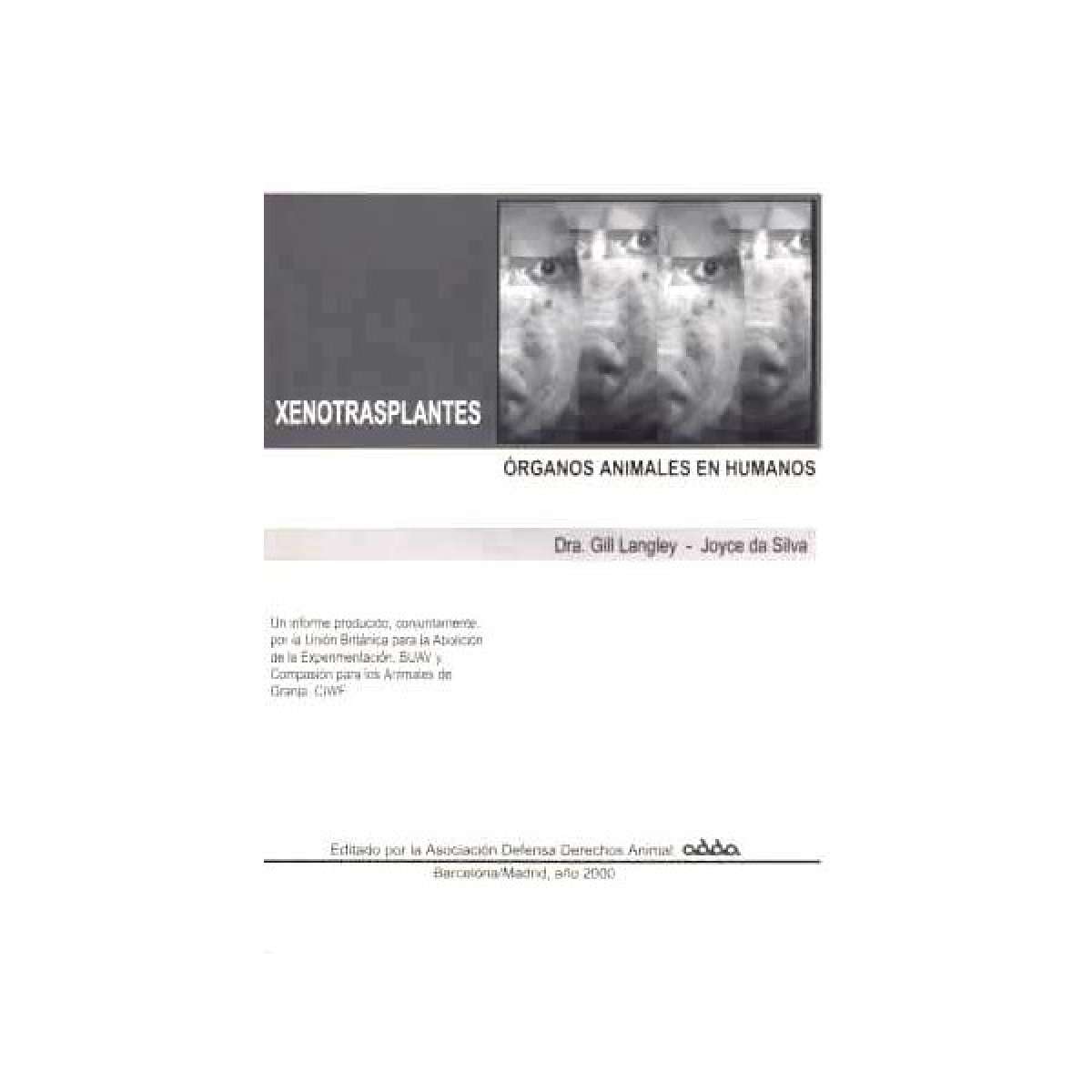
Collaborate
¿TE PREOCUPA EL TRATO QUE RECIBEN LOS ANIMALES?
¿TE INTERESA SU DEFENSA Y BIENESTAR?
TU APOYO ES IMPORTANTE Y NECESARIO.
¡COLABORA Y PARTICIPA!
ELLOS TE LO AGRADECERAN.
Ong ADDA
Boletín ADDA: darse de alta / darse de baja

La Veu dels Animals i la Natura -Radio Estel
Programa semanal creado y dirigido por Ong ADDA, de contenido, didáctico y de entretenimiento dedicado al mundo de los animales y la naturaleza. Cuenta con diferentes secciones informativas y de noticías, entrevistas, tertulias, personajes históricos y de actualidad, Sos Adopciones, curiosidades, consejos prácticos y amenizado con una selección musical.
La Veu dels Animals y la Natura, pretende concienciar y promover actitudes responsables hacia los animales, las plantes y los ecosistemas de nuestro planeta.
Día de emisión: viernes de 20 a 21 horas...................
Sign up and become a virtual volunteer
Copyright
This website is subject to copyright with all rights reserved. You may download or print out a hard copy of individual pages and/or sections of this website if you do not remove any copyright or other proprietary notices. Any downloading or other copying from this website will not transfer title to any software or material to you. You may not reproduce (in whole or in part), transmit (by electronic means or otherwise), modify, link into or use for any public or commercial purpose this website without the prior written permission of ADDA




